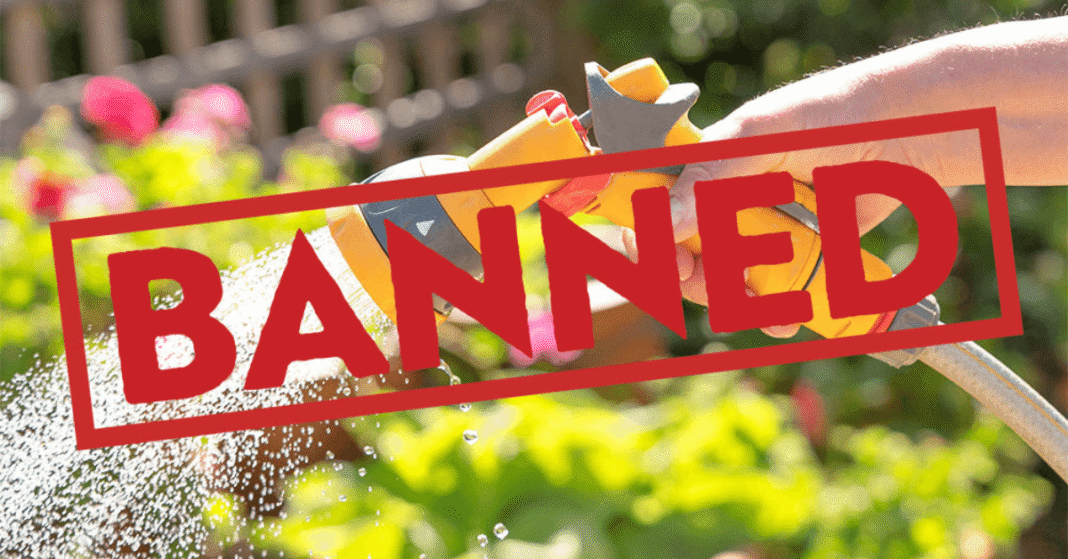Hosepipe bans are once again making headlines across the UK. With increasing temperatures and prolonged dry spells, many water companies have introduced restrictions to conserve water. If you’re unsure whether your area is affected or what a hosepipe ban means, this article breaks it down for you.
What Is a Hosepipe Ban?
A hosepipe ban, officially known as a Temporary Use Ban (TUB), is a water-saving measure introduced during times of drought or low reservoir levels. When in place, residents are restricted from using hosepipes for activities such as watering gardens, washing cars, filling pools, and cleaning patios.
Why Are Hosepipe Bans Happening Now?
The UK has faced an unusually dry spring and early summer in 2025, leading to below-average rainfall across many regions. Water levels in key reservoirs have dropped significantly. As a result, suppliers like Thames Water, South West Water, and Affinity Water have taken pre-emptive action to manage demand and protect long-term water supplies.
“We’re seeing one of the driest starts to the year in over a decade,” said a spokesperson from the Environment Agency.
Is Your Area Affected?
To find out if a hosepipe ban applies to your region, check your local water provider’s website or visit water.org.uk. Areas such as Hampshire, Kent, and parts of Yorkshire are already under restrictions, with more expected to follow if conditions persist.
What Can You Still Do?
Even with a ban in place, there are still ways to maintain your home and garden responsibly:
- Use a watering can instead of a hose.
- Recycle rainwater with a water butt.
- Visit car washes that use recycled water.
- Let your lawn go brown—it’ll recover.
What Happens If You Break the Ban?
Violating a hosepipe ban can result in a fine of up to £1,000 under the Water Industry Act 1991. Water companies may carry out spot checks or rely on reports from the public to enforce these rules.
When Will the Ban End?
There’s no fixed end date. Hosepipe bans usually remain until rainfall levels return to normal and reservoirs are sufficiently refilled. Some may lift after a few weeks, others could last for months depending on weather conditions.
Final Thoughts
With climate change continuing to impact water resources, hosepipe bans may become more common in the UK. Staying informed and adjusting daily habits can help everyone do their part.
🔗 For updates, check UK Government drought guidance.




